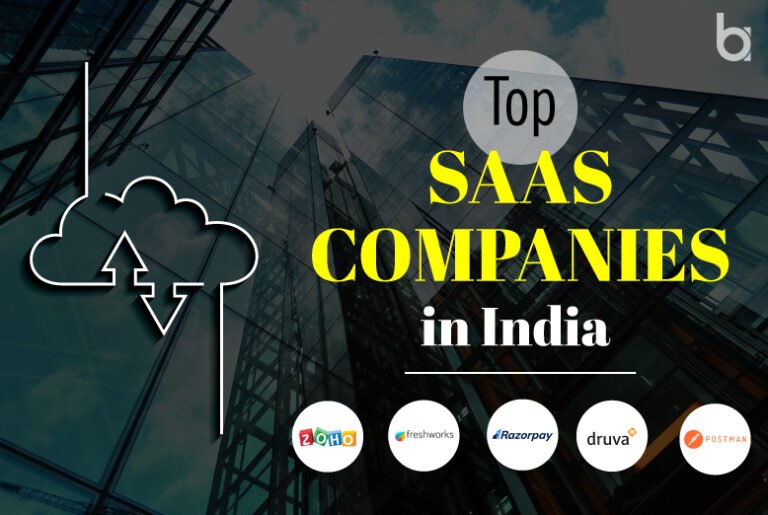Did you know that SaaS companies in India are the second-largest SaaS ecosystem in the world, after the US?
Indian SaaS enterprises deal with a wide variety of clients in finance, education, healthcare, and wellness.
SaaS, or Software as a Service, is a way of delivering software applications over the internet, without requiring installation or maintenance.
SaaS companies in India offer various solutions for businesses and customers, such as CRM, HR, accounting, education, healthcare, and more.
In addition to lower costs, higher scalability, better security, and easier updates, SaaS has many benefits.
In this blog post, we will explore the Indian SaaS market and its growth potential.
Looking ahead to 2025 specifically, we anticipate increased sophistication in AI-driven solutions, deeper integration of SaaS with emerging technologies like blockchain and IoT, and a greater emphasis on sustainable and ethical SaaS practices.
Furthermore, we expect to see more Indian SaaS companies achieving unicorn status and expanding their global footprint through strategic acquisitions and partnerships.
Here’s the list of the Top 5 SaaS companies in India.
1. Zoho

- Founder: Sridhar Vembu and Tony Thomas
- Founding Year: 1996
- Headquarters: Tamil Nadu, India
- Revenue: $1 Bn
Zoho is one of the top SaaS companies in India and operates in seven locations worldwide. It offers web-based business tools and software solutions for various industries and functions.
However, the company had over 15,000 employees and 100 million users as of 2023. Some of its key products are Zoho Office Suite, Zoho CRM, Zoho One, Zoho Workplace, Zoho Books, and many more.
Zoho has been growing rapidly and innovatively, launching more than 55 products and services in the last 25 years.
However, it also faces challenges such as increasing competition, changing customer demands, and regulatory compliance.
To overcome these challenges, Zoho plans to expand its product portfolio, enter new markets, and enhance its customer experience.
Zoho has achieved many milestones, such as being recognized as one of the best SaaS companies in India, winning several awards and accolades, and creating a positive social impact.
Zoho has raised only one round of funding in its history, a $10 million investment from Sequoia Capital in 1999.
Since then, the company has been self-funded and profitable. Zoho’s key products span across various categories such as collaboration, productivity, CRM, finance, HR, marketing, and more.
Some of the most popular products are Zoho People, Zoho Books, Zoho Inventory, Zoho CRM, and Zoho Sites.
2. Freshworks
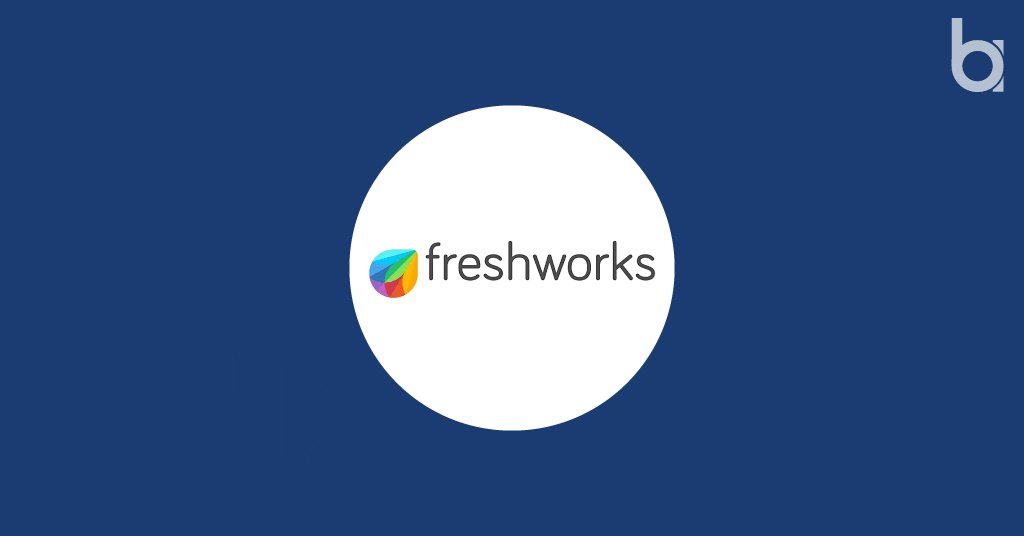
- Founder: Girish Mathrubootham and Shan Krishnasamy
- Founding Year: 2010
- Headquarters: California, United States
- Revenue: $596.4 m
SaaS companies in India are making waves in the global market. They create innovative solutions for various industries and sectors. One of them is Freshworks.
Started in Chennai, India, and now, its headquarters are in San Mateo, California, United States.
Some sources say that Freshworks shifted its headquarters from Chennai to the US for several reasons. It wanted to access a larger and more mature market for SaaS products.
The company wanted to attract more talent, investors, and partners in the US. It also wanted to prepare for its IPO on the NASDAQ stock exchange.
The core service of Freshworks is cloud-based SaaS. It also helps businesses to acquire, close, and retain customers.
In 2020, it had 3,800 employees. However, the net worth of the company was $3.5 billion. The market cap was $13.5 billion as of October 2023.
The key products of Freshworks are Freshdesk, Freshservice, Freshsales, Freshmarketer, and Freshteam.
These products offer a 360-degree view of the customer. They are easy to use and integrate.
The growth of Freshworks has been phenomenal. It has over 60,000 business clients in more than 120 countries.
It has also acquired 13 companies and invested in 5 startups. The challenges of Freshworks include competing with established players like Salesforce and Zendesk.
It also has to maintain product quality and customer satisfaction. It has to expand into new markets and segments.
Freshworks plans to become a global leader in customer engagement software. It also wants to explore new opportunities in artificial intelligence and machine learning.
It has won several awards and recognitions, such as the Forbes Cloud 100, the Deloitte Technology Fast 50 India, the Gartner Magic Quadrant, and the LinkedIn Top Startups.
3. Razorpay
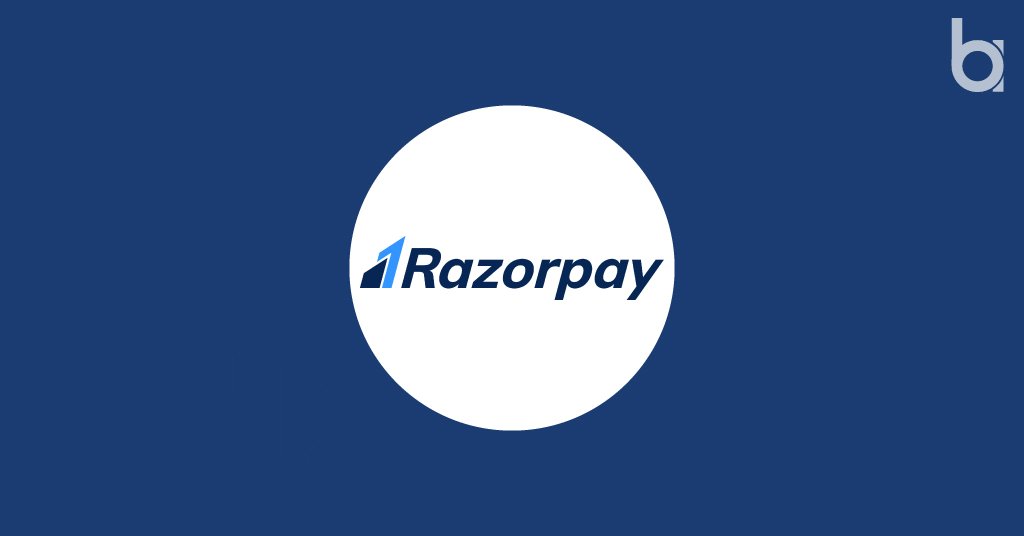
- Founder: Harshil Mathur and Shashank Kumar
- Founding Year: 2014
- Headquarters: Bangalore, India
- Revenue: $226.6 million
Razorpay is a SaaS company that simplifies online payments for businesses in India. The company has offices in Mumbai, Delhi, Chennai, and San Francisco.
Razorpay’s core service is a payment gateway that enables businesses to accept and process payments from various modes, such as credit cards, debit cards, net banking, UPI, wallets, and more.
The company also offers other products, such as RazorpayX, a business banking platform; Razorpay Capital, a lending platform; Razorpay Flash Checkout, a feature that reduces the checkout time by 60%; and Razorpay Route, a solution that enables businesses to split and transfer payments to multiple vendors.
Razorpay has grown rapidly in the past few years, becoming the third Indian startup to join the prestigious Unicorn club in 2020, with a valuation of $1 billion.
The company also raised $160 million in its Series E funding round in April 2021, taking its valuation to $3 billion.
Razorpay faces challenges such as increasing competition from other payment players, complying with the evolving regulatory norms, and maintaining the security and reliability of its platform.
Additionally, Razorpay’s plans include expanding its product portfolio, entering new markets, acquiring more customers, and hiring more talent.
The company also aims to achieve profitability by 2022 and become an IPO-ready company by 2023.
Razorpay’s achievements include winning the Startup of the Year award at The Economic Times Startup Awards 2020, being featured in the CB Insights Fintech 250 list of the world’s most promising fintech startups in 2020, and being recognized as one of the best places to work in India by LinkedIn in 2019 and 2020.
4. Druva
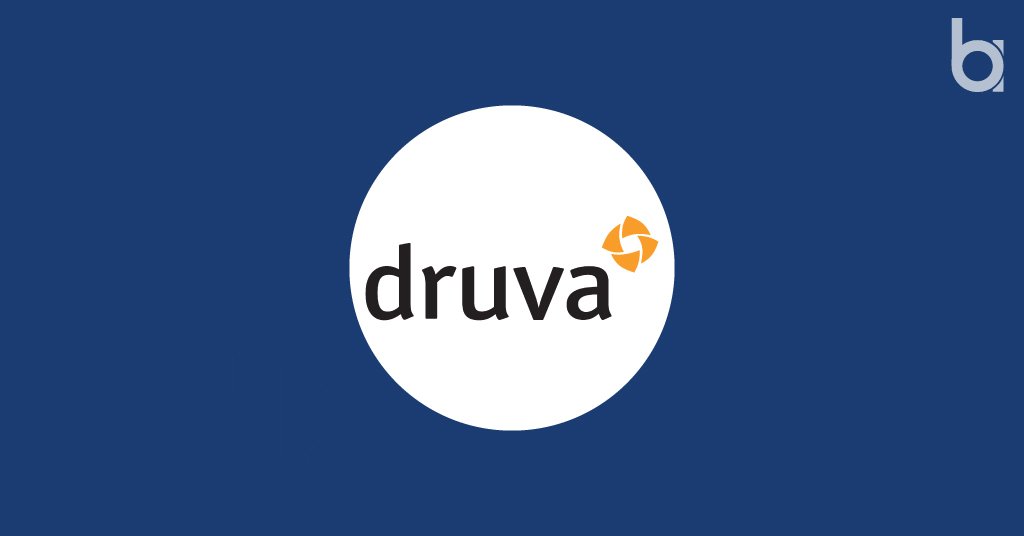
- Founder: Jaspreet Singh and Milind Borate
- Founding Year: 2008
- Headquarters: California, USA
- Revenue: $223.5M
Druva is the industry’s leading SaaS platform for data resiliency. It protects data from common risks with a $10 million guarantee.
The company started in Pune, India, and moved to Santa Clara, USA later. It also has offices in India and the UK. Druva’s core service is cloud data protection and management.
It offers backup, archival, compliance, search, and legal hold features. It supports cloud, enterprise, and data intelligence sources.
Druva has over 800 employees and 4,000 customers worldwide. Moreover, its valuation in 2021 was $2 billion. Druva’s key products are Druva inSync, Druva Phoenix, Druva CloudRanger, and Druva Cloud Platform.
They simplify and secure data protection and management as a service. Druva has grown and innovated in the SaaS market.
It has raised $475 million from investors like Sequoia, Viking, and Riverwood. It has also acquired CloudRanger and sfApex. Druva faces challenges such as competition, customer needs, and regulation.
It also deals with ransomware and cyberattacks. Druva plans to expand globally, enhance its products, and partner strategically.
It also aims to go public in the next few years. Druva’s achievements include being a leader in The Forrester New Wave™ for SaaS Application Data Protection, a visionary in the Gartner® Magic Quadrant™ for Enterprise Backup and Recovery Software Solutions, and a Cyber Catalyst designated
Solution.
It has also won awards such as Data Management Company of the Year by Data Breakthrough Awards and Deloitte’s Technology Fast 500 for five consecutive years.
5. Postman
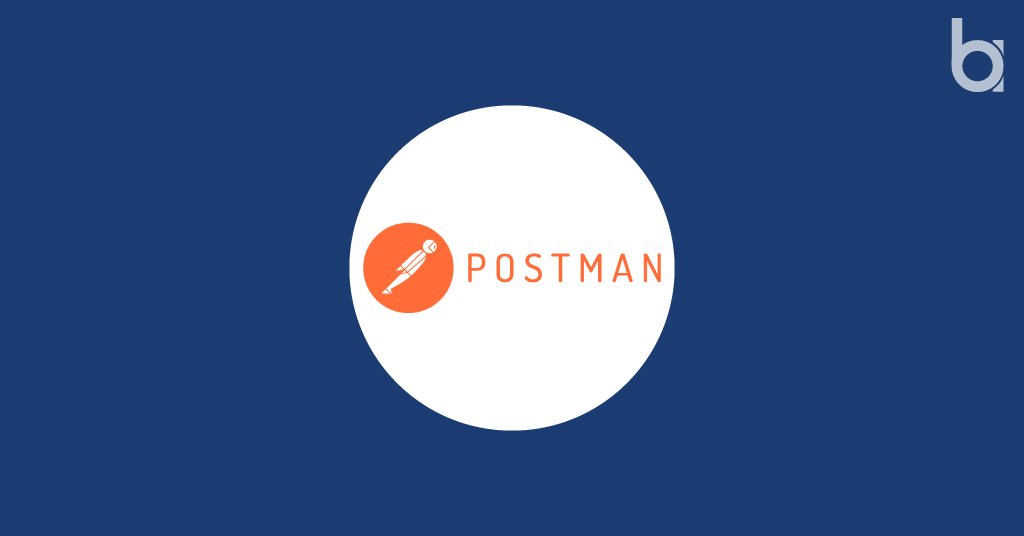
- Founder: Abhinav Asthana, Ankit Sobti, and Abhijit Kane
- Founding Year: 2014
- Headquarters: San Francisco, USA
- Revenue: $171.7M
SaaS companies in India are booming. They create innovative solutions for various industries and sectors. One of them is Postman, a tool for API development.
They moved to the US later to access a larger market, more funding, and a global talent pool. Postman’s core service is an API development platform.
It also helps developers and testers build, test, and collaborate on APIs. However, in 2020, Postman’s revenue was $58 million, with over 500 employees and 13 million users worldwide.
Postman’s key products include Postman app, web, API, Collections, Monitors, Mock Servers, and Documentation.
Postman’s growth has been phenomenal, with a 100% year-on-year increase in revenue and users. It also raised $208 million in funding, valuing the company at $2 billion.
Postman faces challenges such as scaling its infrastructure, maintaining its quality and security, and expanding its global presence and customer base.
It plans to launch new features and integrations, enhance its user experience and community, and support more API protocols and standards.
Postman has won several awards and recognitions, including the Forbes Cloud 100, the Inc. 5000, the Deloitte Technology Fast 500, and the G2 Best Software Companies.
Postman is one of the top SaaS companies in India that is making a difference in the world of APIs. It’s not just a tool, but a culture. Postman is the way to API.
Challenges for SaaS companies in India
SaaS companies in India are already leaving their mark in the market. They are creating innovative solutions for various industries and sectors. But they also face some challenges. Here are some of them:
- High customer acquisition and retention costs: Indian SaaS companies have to compete with global players and local alternatives. They have to spend more on marketing and sales to attract and retain customers.
- Integration and data security issues: Indian SaaS companies have to deal with diverse and complex customer requirements. They have to integrate their solutions with existing systems and ensure data security and privacy.
- Talent and skills gaps: Indian SaaS companies have to find and hire skilled talent in a competitive market. They have to train and retain their employees and foster a culture of innovation and excellence.
- Regulatory and compliance hurdles: Indian SaaS companies have to navigate the changing and uncertain regulatory environment. They have to comply with various laws and standards, such as GST, data localization, and GDPR.
Let’s have a look at the opportunities for SaaS companies.
Even though there are challenges, there is always another side to the story. SaaS companies do also have some opportunities. Here are some of the trends in the SaaS market in India:
- Horizontal business software: These are solutions that cater to multiple industries and functions, such as enterprise collaboration, events tech, conversational AI, and HR tech. Some examples are Zoho, Freshworks, etc.
- Horizontal infrastructure software: These are solutions that provide the backbone and support for other SaaS solutions, such as cybersecurity, DevOps and dev tools, and data management and observability. Some examples are Druva, Postman, etc.
- Vertical business software: These are solutions that focus on specific industries and domains, such as tech, healthcare tech, logistics tech, and e-commerce enablement. Some examples are Byju’s, Shopify, etc.
Future of the SaaS Market in India
But what about the future of SaaS companies in India? Here are some insights and predictions on the future of the Indian SaaS industry:
- The Indian SaaS industry is expected to grow at a CAGR of 19% – 22% and reach $25 billion by 2025. Additionally, it will account for 3-4% of the global SaaS market.
- The Indian SaaS industry will see more innovation and diversification, as new players enter the market and existing players expand their offerings and markets.
- However, the Indian SaaS industry will see more consolidation and collaboration, as players seek to scale up and leverage synergies and partnerships.
- The Indian SaaS industry will see more social and environmental impact, as players address the needs and challenges of the underserved and underprivileged segments of society.
These are some of the insights and predictions on the future of the Indian SaaS industry. SaaS companies in India are booming. They are creating innovative solutions for various industries and sectors.
The companies are also facing some challenges and opportunities. They are also shaping the future of the SaaS industry.
SaaS companies in India are not just businesses, but movements. SaaS companies in India are the way to go.
What to expect in 2025 and beyond?
2025 will be a pivotal year for Indian SaaS. Expect continued high growth and substantial investment, fueling innovation. AI/ML will be deeply integrated into SaaS offerings, driving intelligent automation and personalized experiences. Vertical SaaS solutions tailored to specific industries will emerge, addressing niche needs.
A mobile-first approach will be paramount, optimizing user experience for the growing mobile workforce. Customer experience will be a key differentiator, with companies prioritizing personalization, customer success initiatives, and community building.
Global expansion will remain a core strategy, with Indian SaaS companies targeting new markets. Talent acquisition and retention will be crucial, and the SaaS ecosystem will mature further. While competition will intensify and data security will be a top concern, 2025 promises significant advancements and opportunities for Indian SaaS.

